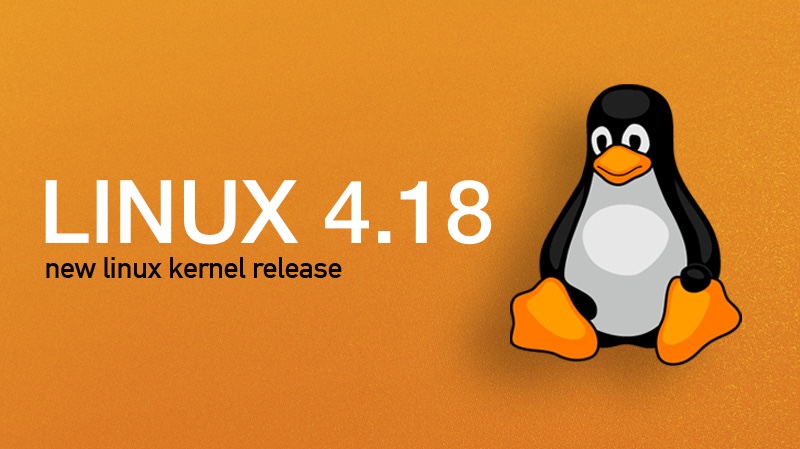

1 Linux kernels have different support levels depending on the version. It was conceived and created in 1991 by Linus Torvalds. The Linux kernel is a free and open-source, monolithic, Unix-like operating system kernel. With the 5.8 release tagging on August 2, 2020, and with the merge window for 5.9 now complete, over a million commits of recorded Linux Kernel history are available to analyze from the last 29 years. This article documents the version history of the Linux kernel. Our analysis of Linux is based on early releases, and the developer community commits from BitKeeper and git since the first Kernel release on September 17, 1991, through August 2, 2020.

In this report, we look at Linux’s entire history. Given the recent announcement of version 5.8 as one of the largest yet, there’s no sign of it slowing down, with the latest release showing a new record of over ten commits per hour. Linux 5.15 just arrived - and here Linux kernel version history - Wikipedia Linux LTS Kernel 4.19 And 5.4 Will Now Be Supported For 6 Years. Since that original 1991 release, Linux has become one of the most successful collaborations in history, with over 20,000 contributors. Since the Linux Foundation started publishing the Linux Kernel Development Reports in 2008, we’ve observed progress between points in time.
#LINUX KERNEL VERSION HISTORY INSTALL#
Install Armbian to internal or external memory, a desktop, 3rd party software. From sensors to supercomputers, we see it used in spacecraft, automobiles, smartphones, watches, and many more devices in our everyday lives. Manage OpenSSHD settings, freeze kernel upgrades, toggle hardware settings. Over the last few decades, we’ve seen Linux steadily grow and become the most widely used operating system kernel.


 0 kommentar(er)
0 kommentar(er)
